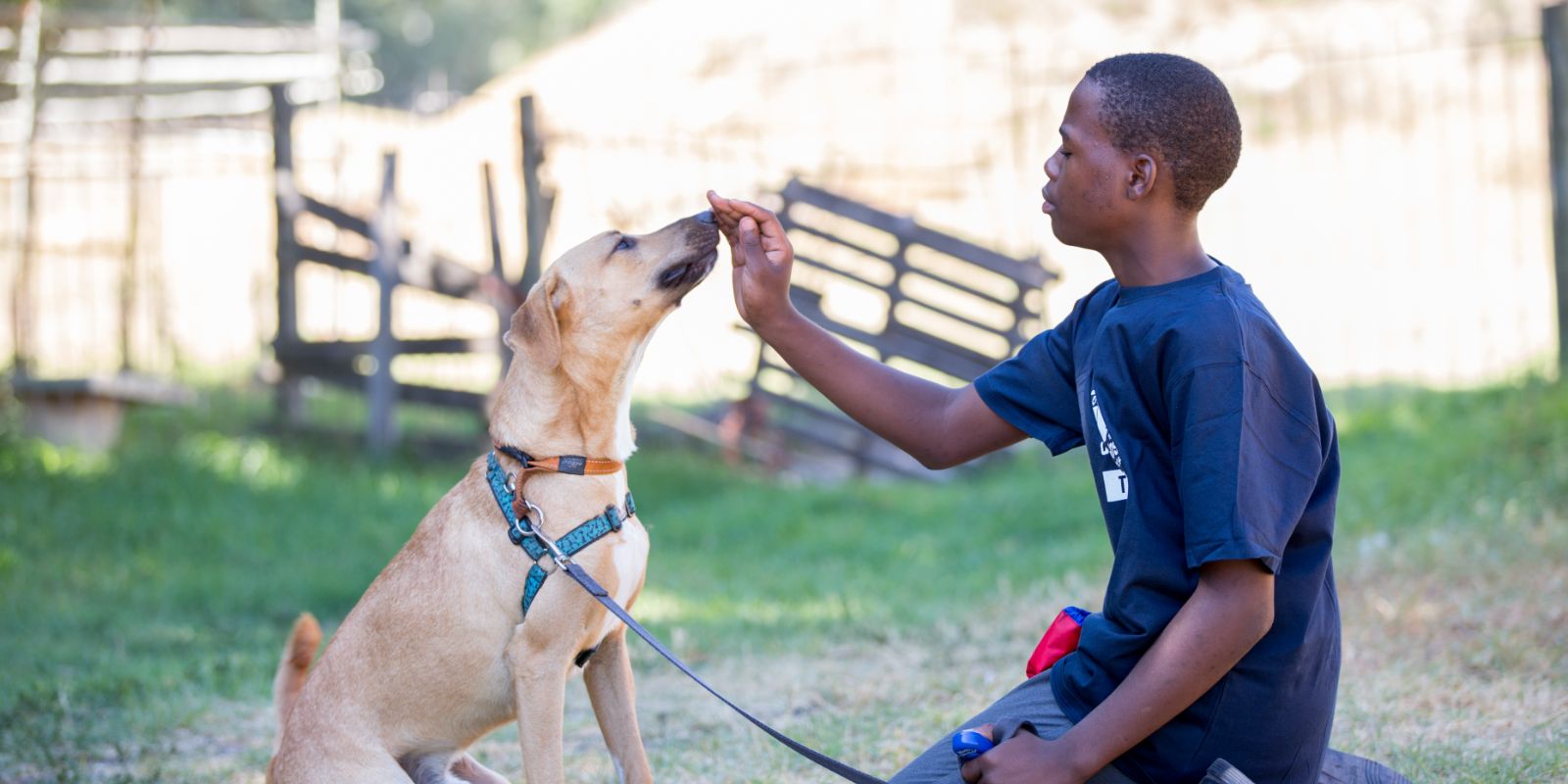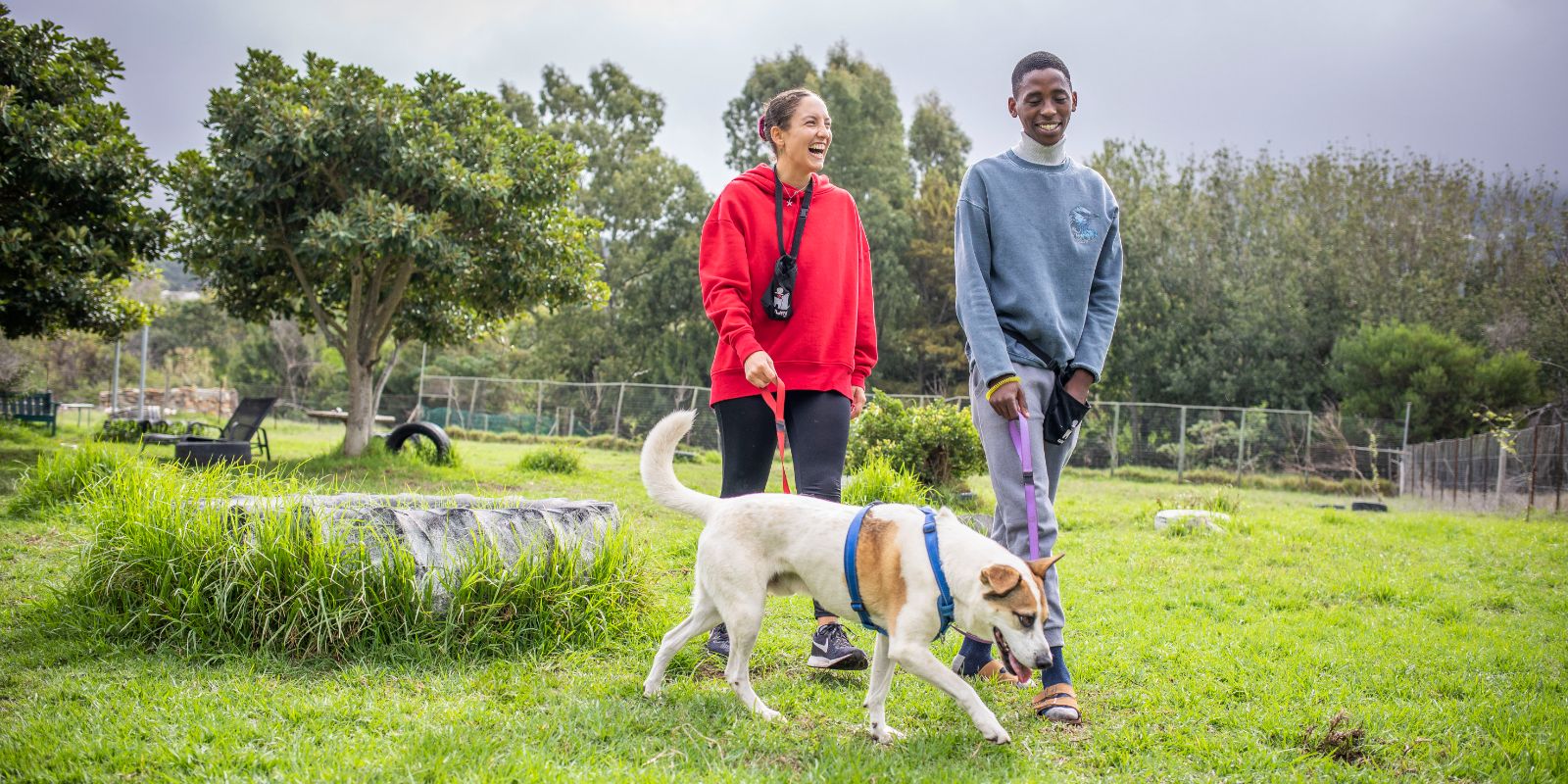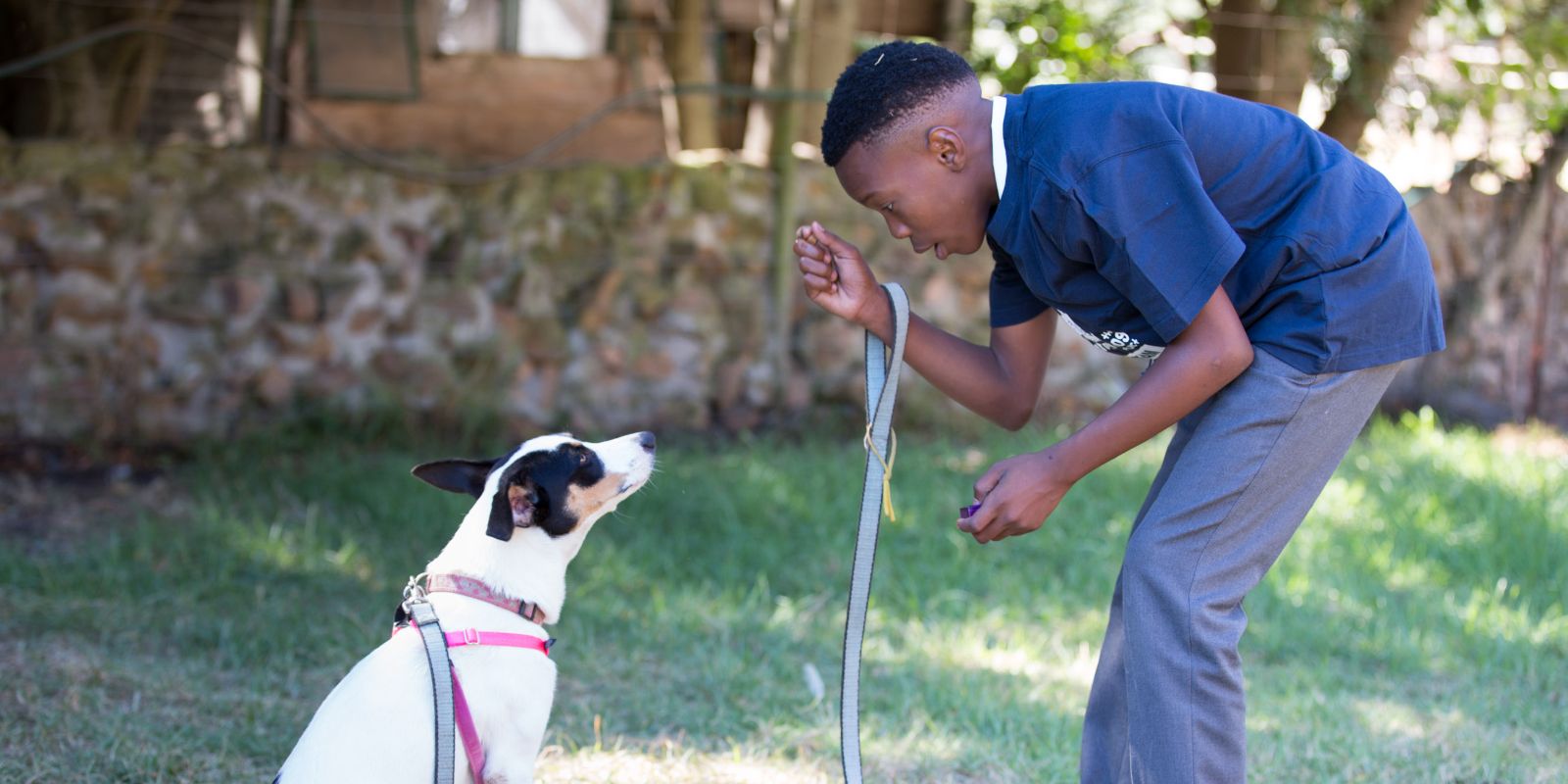Animal welfare is a topic that so many people care about, yet so few really understand. It’s such a broad umbrella term that encompasses so many different components of animal protection and conservation. Moreover, what it actually involves varies hugely depending which animals you’re talking about.
If you’re a young animal lover and aspiring conservationist, veterinarian, or wildlife expert, it can be difficult to work out what animal welfare means, how to support animal welfare, and possibly more importantly, how to get involved in animal welfare yourself in the most sustainable way.
Whether you’re passionate about wildlife conservation, veterinary science, or more simply want to volunteer in an animal shelter, understanding what animal welfare is and why it matters is crucial to you finding the best way to make a difference in the field. More specifically, if you want to explore animal welfare internships abroad, then you need to know exactly what it entails and why animal welfare is important in the world today, as well as how you can improve animal welfare through an internship with a nonprofit abroad.

FAQs About Animal Welfare
We’re sure you have lots of questions about animal welfare, but don’t worry! Below you’ll find all the answers to the most common questions to help you get a solid understanding of animal welfare.
What is Animal Welfare?
Animal welfare is about ensuring that animals live happy lives. Making sure they have a suitable environment or place to live where their basic needs like food, water, shelter, and comfort are fully met, whether they’re pets, farm animals, or wildlife. Crucially, animal welfare relates not just to an animal’s physical health, but their mental wellbeing too.
It’s important to note that animal welfare isn’t just about keeping animals alive; it’s about creating environments where they can thrive. The field of animal welfare is built upon the understanding that animals should be entitled to the “Five Freedoms” — freedom from hunger, discomfort, pain, fear, and the freedom to express normal behavior.
The field of animal welfare encompasses an enormous range of activities and the goal of animal welfare varies hugely depending on the animal populations you’re working with.

Why is Animal Welfare Important?
First and foremost, animal welfare is important because it represents our ethical responsibility to treat animals with compassion and respect. When we ensure that animals are well-cared-for, we prevent unnecessary suffering and moreover, we create a society that values empathy and kindness.
If you’re an animal lover, you probably don’t need much convincing on why animal welfare is important. Beyond the individual impact, animal welfare plays a vital role in wildlife conservation, helping to protect species and preserve the natural habitats that are essential for biodiversity and ecological balance.
Of course, animal welfare is also foundational knowledge for anyone pursuing a career in wildlife conservation, wildlife management, veterinary science, or any other field where working with animals is central. Understanding how to meet the needs of animals, reduce their suffering and improve animal welfare is the first step in any of these careers.
Here Are Some Examples of Why Animal Welfare is Important
- Environmental Balance — Protecting wildlife and their habitats helps maintain the delicate balance of ecosystems, which is crucial for biodiversity and the health of our planet. This is why the best wildlife conservation projects and internships often include a lot of animal welfare work
- Public Health — Improving animal welfare for farm and street animals reduces the risk of diseases that can spread to humans, such as zoonotic diseases
- Reducing Animal Suffering — By maintaining and improving animal welfare, we can reduce the pain, fear, and distress animals experience
- Preserving Nature for Future Generations — By supporting animal welfare today, we contribute to the preservation of the natural world, so that future generations can experience and benefit from it too

What’s the Difference Between Animal Welfare & Animal Rights?
While animal welfare and animal rights both advocate for the ethical treatment of animals, they’re quite different.
Animal welfare focuses on the humane treatment and well-being of animals, often working within existing systems. It’s making sure industries related to farming, tourism, or research, maintain good conditions for animals. It accepts that animals can be used for food, clothing, and other purposes, provided they are treated humanely.
In contrast, animal rights advocates for the recognition of animals as individuals with rights similar to human rights. Crucially, an animal rights advocate will often oppose any use of animals for human benefit. Animal rights activists typically push for more radical changes, like the abolition of animal testing or meat consumption.

How to Improve Animal Welfare Through an Internship
If you really want to improve animal welfare on a global scale, while also getting work experience with animals, then an internship abroad may be a perfect fit for you! Here’s how you can ensure your animal welfare internship is making a difference in the right ways.
1. Know your own goals
Before losing yourself in how to help animal welfare through specific tasks and responsibilities of an internship, take a moment and reflect on your specific interests and goals for supporting animal welfare. There are so many areas of wildlife conservation, veterinary care, or animal advocacy to explore that it’s easy to lose sight of what is important to you.
Before you start searching for animal internships and careers, make sure you can answer the question ‘Why is animal welfare important to me?’ Understanding your goals will help you find an internship in animal welfare that prepares you well for your future career aspirations.
2. Find the right internship
Finding an internship with an animal welfare organization is without doubt the most direct and effective method to get involved with animal welfare and start to build a career in the field.
When searching for organizations to intern with it’s important to assess them critically. Evaluate the organization by researching their mission, impact, and reputation and making sure the company ethos aligns with your own values. It’s also a good idea to look for reviews from past interns. During your interview you should also ask about the types of tasks you’ll be involved in to ensure they align with your expectations.
3. Investigate Roles on the Periphery
When looking for animal welfare internships, don’t overlook internships that support and improve animal welfare indirectly, rather than hands-on. The more you learn about what animal welfare is and why it is important, the more you’ll realize that there are many different aspects that go into proper animal welfare systems — and there are endless, interesting, and easily-missed job opportunities therein.
Peripheral roles like policy advocacy, environmental education, or community outreach can provide valuable experience and insight into how different sectors support animal welfare. You can even work in marketing for an animal welfare organization to promote their efforts. Considering these roles will simply open up more opportunities, but it also helps you build a more comprehensive understanding of animal welfare and a more well-rounded skill set from your internship.
4. Consider the Best Places for Animal Welfare Internships
It’s important to investigate not just the best internships and roles, but also the best places in the world for wildlife internships too. Expanding your search to include opportunities in any country will expose you to a world of unique experiences. Moreover, you’ll be able to gain different perspectives on animal welfare, different practices, and different cultural and ecological contexts. You could end up interning in Portugal, Malawi, or Ecuador, on projects you never even knew existed!
5. Be Prepared To Work Without Pay
The best animal NGOs to intern for are nonprofit organizations, often working with little financing and are rarely able to offer interns salaries or stipends. This means interns need to be able to afford to work without pay for the duration of their internship.
If you’re interested in animal welfare internships abroad, keep in mind costs like visas, travel, accommodation, and living expenses too. With the right strategies in place, affording an unpaid internship is achievable and you shouldn’t let it put you off embarking on a unique opportunity!

Find the Best Animal Welfare Internships
Animal welfare internships are some of our most high interest internship programs and it is one of the fields we receive the most questions about. One thing people are always surprised about are the number of career paths available in these fields and the exciting opportunities to be found through animal welfare internships abroad.
If you’re interested in learning more about how to get involved in animal welfare through an internship, get in touch with our team. We can talk through your personal goals and the options available to you and help find the best animal welfare internships for you.











